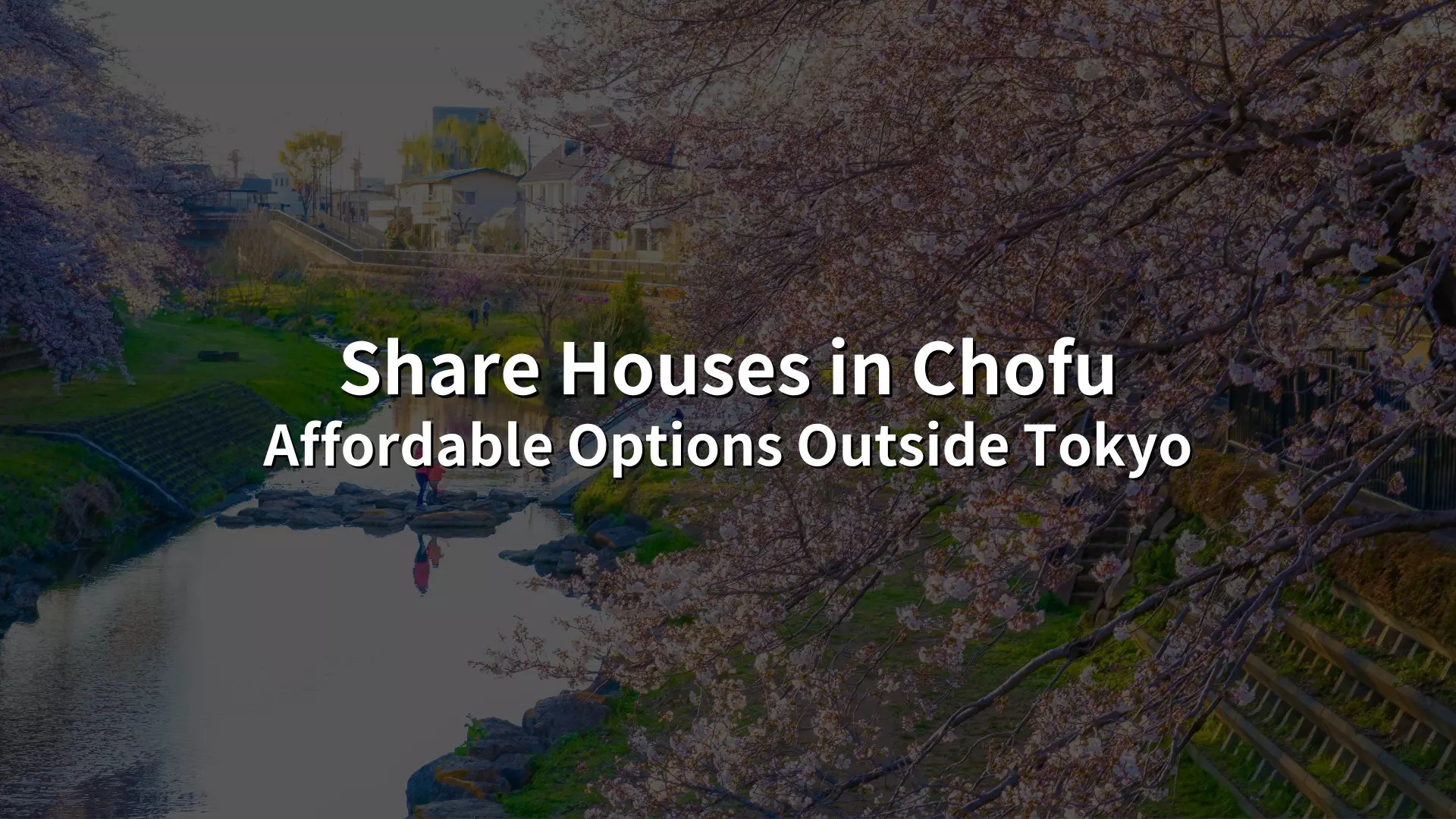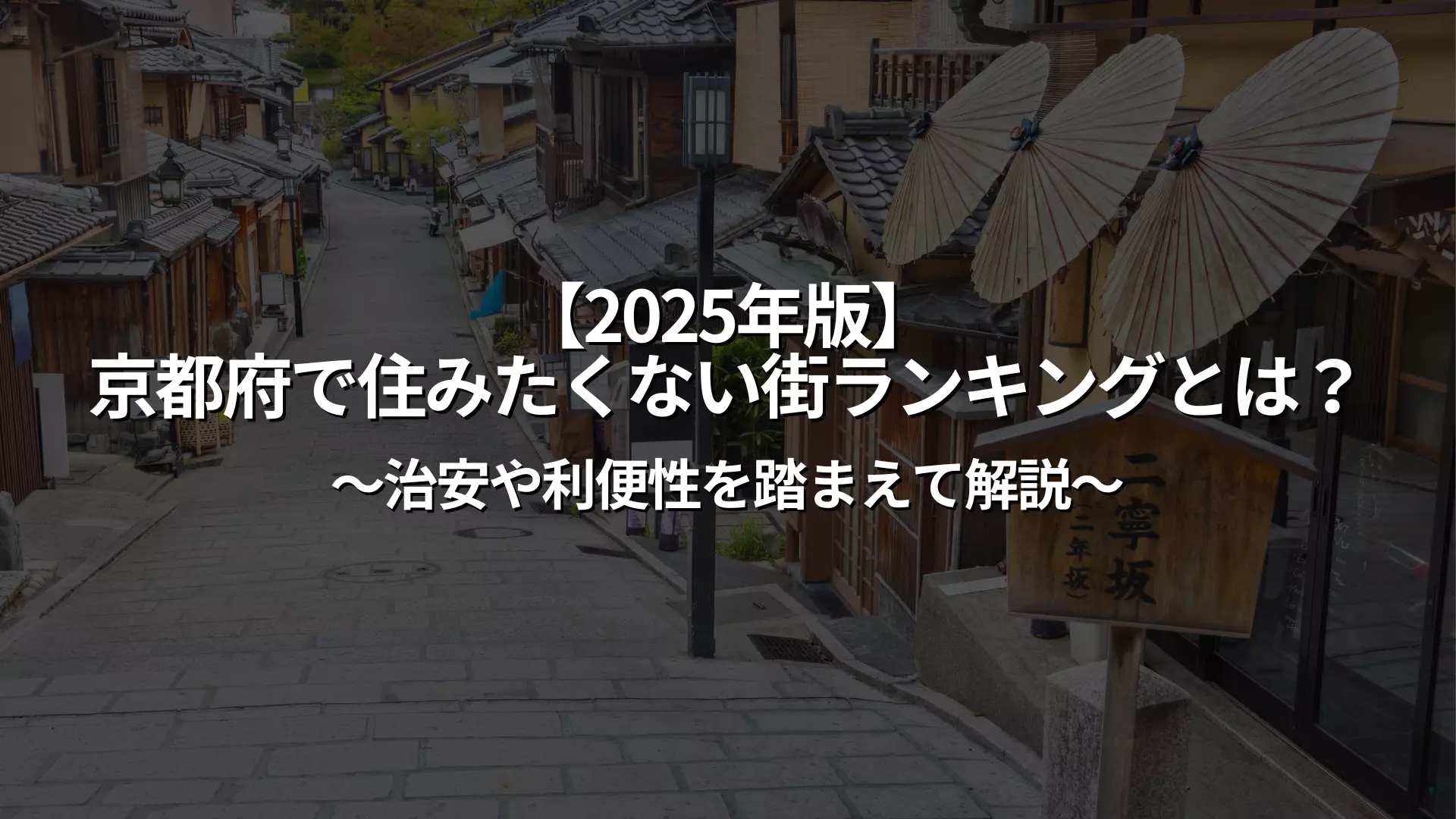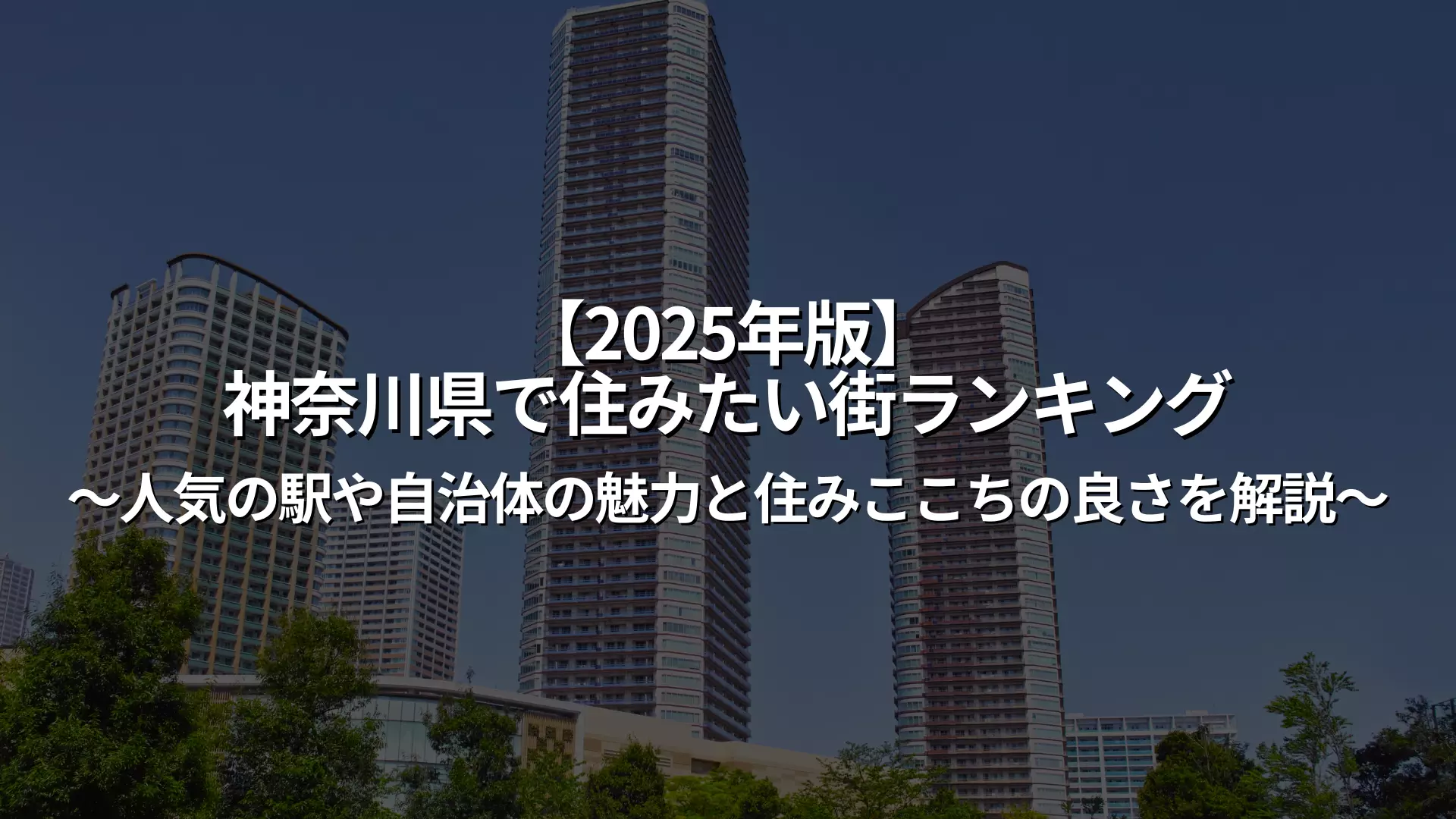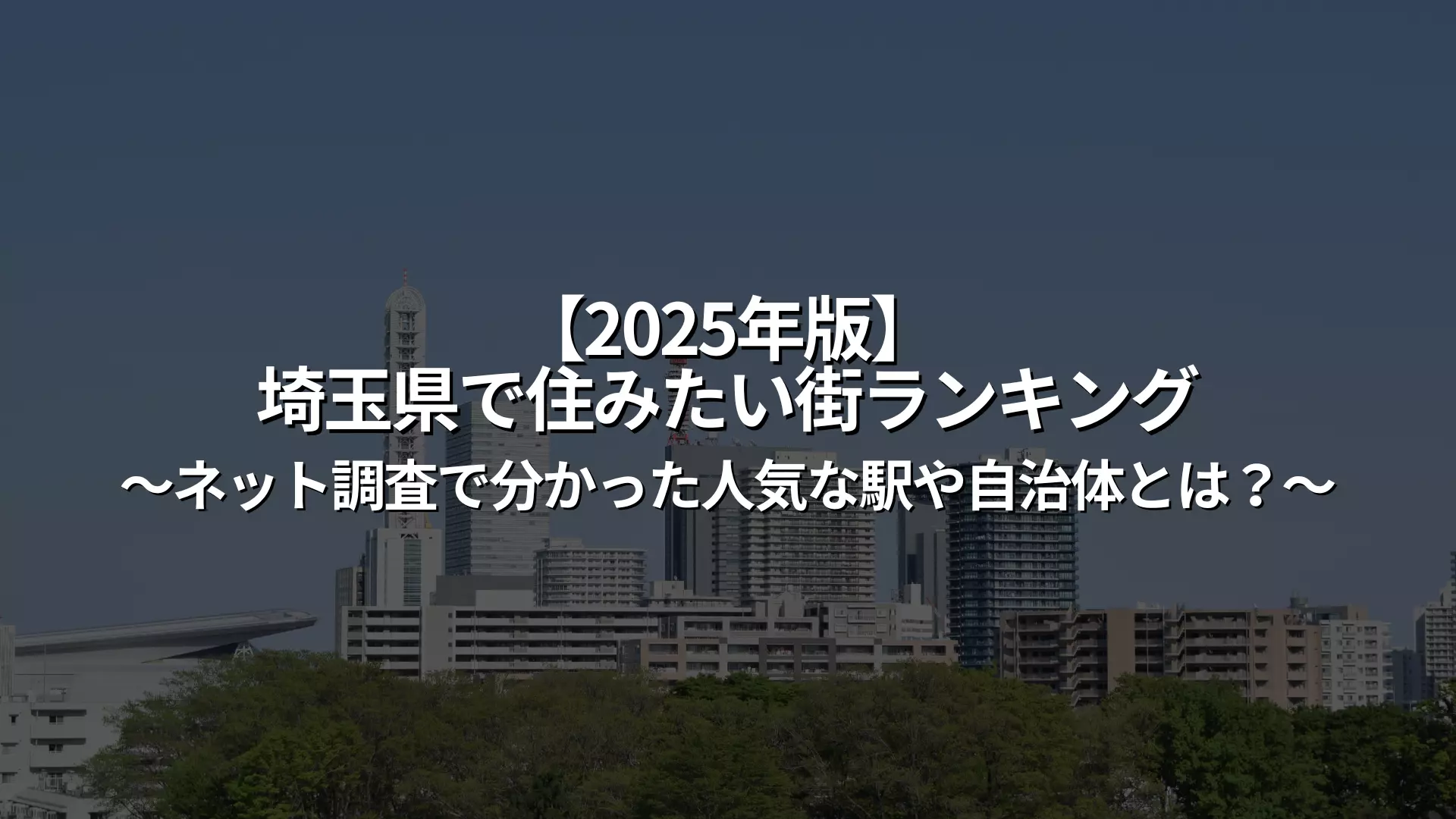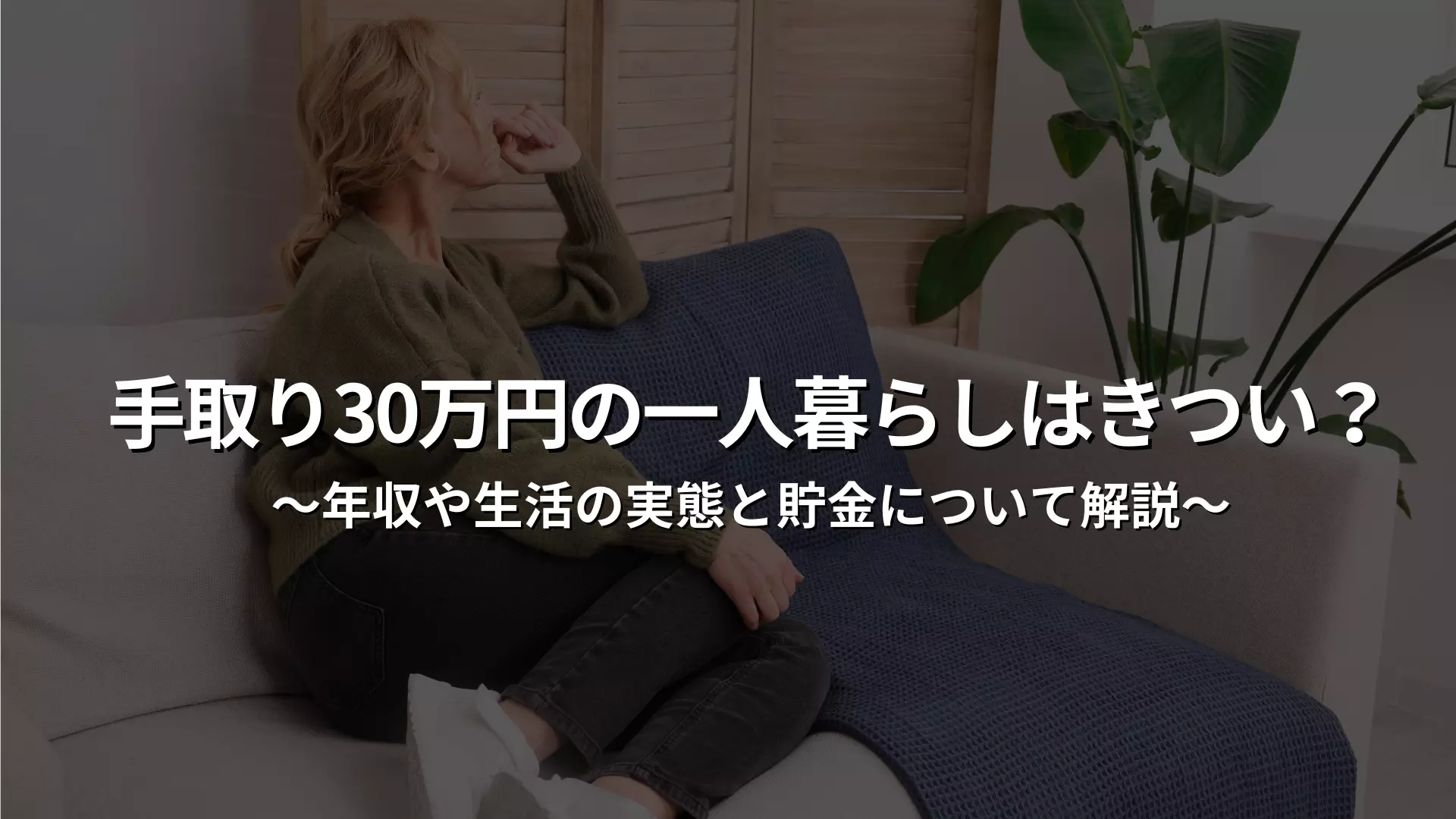Is it really difficult to live alone on a monthly salary of 160,000 yen?
When living alone on a take-home pay of 160,000 yen, some questions come to mind: "Can I live?", "Can I save?", and "How much leeway do I have?". The bottom line is that it is possible to live on that amount, but it can be difficult depending on where you live and how you manage your expenses. Here, we'll explain in detail the breakdown of income for a take-home pay of 160,000 yen, an estimate of living expenses, and the actual standard of living.
Breakdown of take-home pay of 160,000 yen (face value salary, taxes, deductions)
A take-home pay of 160,000 yen is the amount you actually receive after deducting taxes and social insurance premiums. To earn this take-home pay, you need a gross salary of approximately 200,000 yen.
Example of pay calculation for take-home pay of 160,000 yen (after social insurance and tax deductions)
| item | Amount (approximate) |
| Gross salary | 200,000 yen |
| Health insurance | Approximately 10,000 yen |
| Employees' Pension Insurance | Approximately 18,000 yen |
| Employment insurance | Approximately 1,000 yen |
| income tax | Approximately 3,000 yen |
| Resident tax | Approximately 12,000 yen (may not be required for first-year new graduates) |
| Take-home pay | Approximately 160,000 yen |
In particular, the burden of employee pension insurance and local resident tax is heavy, with approximately 20% of the face value being deducted. Also, whether or not you receive a bonus will affect your annual income, so without a bonus it will be 1.92 million yen per year, and with a bonus (2 months' worth) it will be approximately 2.3 million yen.
Major living expenses and estimated amounts
Let's take a look at what expenses you will incur if you live alone with a monthly take-home pay of 160,000 yen.
Below is a summary of estimated monthly expenses, including rent, food, and utility bills.
Breakdown of living expenses (example for Tokyo)
| item | Amount (approximate) |
| rent | 50,000 to 70,000 yen (50,000 yen range possible outside Tokyo's 23 wards) |
| Water and utility costs | 10,000 yen (electricity, gas, water) |
| Communication costs (smartphone + Wi-Fi) | 7,000 yen (lower than 5,000 yen is possible with a low-cost SIM) |
| Food expenses | 30,000 yen (mainly self-catering) |
| Transportation expenses | 5,000 to 10,000 yen (depending on work location) |
| Daily necessities and miscellaneous expenses | 5,000 yen |
| Entertainment and social expenses | 10,000 yen |
| saving | 10,000 to 20,000 yen |
| total | Approximately 130,000 to 160,000 yen |
It is possible to save money by cutting back on rent and food costs, but it is clear that there is not much room for savings. You also need to prepare for unexpected expenses (medical expenses, replacing home appliances, weddings and funerals).
Actual living standard (what you can and cannot do)
It is possible to live alone on a monthly salary of 160,000 yen, but what you can and cannot do will become clear depending on your lifestyle.
What you can do with a take-home pay of 160,000 yen
- If you live in a property with a rent of less than 50,000 yen, you can save money.
- If you cook at home, you can keep food costs down (around 20,000 to 30,000 yen)
- Reduce fixed costs by reviewing low-cost SIM cards and electricity providers
- Take advantage of free or low-cost entertainment options (parks, libraries, subscriptions)
What you can't do with a take-home pay of 160,000 yen
- Living in a Tokyo apartment with rent of over 70,000 yen will result in a loss
- It's difficult to spend money on weekly drinking parties, eating out, and hobbies
- It's difficult to cover the costs of maintaining a car (gasoline, insurance, parking fees)
- It is difficult to prepare for unexpected expenses (such as weddings, funerals, medical expenses, and broken home appliances)
In particular, the rent is a factor that determines how comfortable you are. Rent is lower in rural areas, but living alone in the city means you have to live on the edge or save money.
Simulation of living expenses with a take-home pay of 160,000 yen
If you live alone on a take-home pay of 160,000 yen, the extent to which you can control your rent and living expenses will determine how comfortable you are. In urban areas, rent is high, so saving is essential, but in rural areas, rent is easier to keep low and people tend to be able to live comfortably. Here, we compare the differences in living expenses between urban and rural areas, and provide a detailed explanation of what life will be like for each rent amount and the possibility of saving.

Simulation of life in urban areas (Tokyo and Osaka)
If you live alone in urban areas such as Tokyo or Osaka, the biggest challenge is the high rent and living expenses. Because the average rent is particularly high, it is likely that you will find it difficult to make ends meet unless you save money.
Simulation of living expenses in urban areas (Tokyo's 23 wards and Osaka city)
| item | Tokyo (rent: 65,000 yen) | Osaka city (rent 60,000 yen) |
| rent | 65,000 yen | 60,000 yen |
| Water and utility costs | 10,000 yen | 9,000 yen |
| Communication costs (smartphone + Wi-Fi) | 7,000 yen | 7,000 yen |
| Food expenses (home cooking + eating out less) | 30,000 yen | 27,000 yen |
| Transportation expenses (passenger fare + daily transportation) | 10,000 yen | 8,000 yen |
| Daily necessities and miscellaneous expenses | 5,000 yen | 5,000 yen |
| Entertainment and social expenses | 10,000 yen | 10,000 yen |
| saving | 5,000 yen | 10,000 yen |
| total expenditure | 142,000 yen | 136,000 yen |
- When rent reaches the 60,000 yen range, it takes up the majority of living expenses.
- If you don't save on food and communication costs, it's almost impossible to save money.
- Saving money is essential for living in the city (considering low-cost SIM cards, self-catering, and shared housing)
If you live in Tokyo or Osaka, you will likely find it difficult to live comfortably if your rent exceeds 60,000 yen, so you need to choose your area carefully.
Simulation of life in rural areas (government-designated cities and suburbs)
Living in rural areas or suburbs reduces the cost of living as rent is cheaper.
However, car maintenance costs and transportation costs may be higher than in urban areas, so it is important to consider the overall balance.
Simulation of living expenses in rural and suburban areas (Sendai, Fukuoka, Chiba)
| item | Sendai City (rent: 45,000 yen) | Fukuoka City (rent: 50,000 yen) | Suburban area of Chiba prefecture (rent: 55,000 yen) |
| rent | 45,000 yen | 50,000 yen | 55,000 yen |
| Water and utility costs | 8,000 yen | 8,000 yen | 9,000 yen |
| Communication costs (smartphone + Wi-Fi) | 6,000 yen | 6,000 yen | 7,000 yen |
| Food expenses (mainly self-catering) | 25,000 yen | 26,000 yen | 28,000 yen |
| Transportation expenses (car/train) | 12,000 yen (with car) | 7,000 yen | 9,000 yen |
| Daily necessities and miscellaneous expenses | 5,000 yen | 5,000 yen | 5,000 yen |
| Entertainment and social expenses | 10,000 yen | 10,000 yen | 10,000 yen |
| saving | 20,000 yen | 15,000 yen | 10,000 yen |
| total expenditure | 131,000 yen | 127,000 yen | 133,000 yen |
- Cheaper rent means it's easier to save money than in urban areas
- In rural areas, you need to be careful about car maintenance costs (gasoline and insurance)
- Transportation costs tend to be high in the Kanto suburbs, such as Chiba
In rural and suburban areas, there are many properties with rents of less than 50,000 yen, making it easy to keep fixed costs down, making it possible to live a relatively comfortable life.
Search for a room
Only furnished properties with appliances are listed!
Tips for living comfortably on a take-home pay of 160,000 yen
If you live alone on a monthly salary of 160,000 yen, the stability of your life will depend on how much you can save on your monthly living expenses. In particular, by reviewing costs such as rent, fixed expenses, food, and communication fees, you can achieve a comfortable life without straining yourself. Here, we will explain specific ways to reduce your living expenses while living a stress-free life.
Tips for keeping rent low (selecting the area and property)
Rent is the largest part of your monthly expenses, so it's important to keep it as low as possible.
However, prioritizing low cost alone can result in long commute times and poor living conditions, so choose your area and property carefully.
How to save on rent
- Choose an area a little further away from the city center: If you live in an area that's about a 30-minute train ride from the city center, rent can be significantly cheaper.
- Choose an older property: Properties that are over 20 years old tend to have cheaper rents than new or recently built properties.
- Look for a property that is more than a 10-minute walk from the station: Properties close to the station tend to be more expensive, so choosing a location a little further away will help keep costs down.
- Take advantage of shared housing: If living alone is difficult, choosing a shared housing can significantly reduce rent and utility costs.
We will explain in more detail later how to use a shared house.
How to reduce fixed costs (utilities, communication, and food)
Reviewing your fixed expenses each month can lead to significant savings.
It is especially important to optimize your utility, communication, and food costs.
How to reduce your energy bills
- Review your contract with your electricity provider and switch to a cheaper plan.
- Set the air conditioner temperature appropriately to reduce unnecessary electricity bills.
- Shorten your shower time to save on gas.
How to reduce communication costs
- By switching to a low-cost SIM, you can keep your smartphone bill below 3,000 yen per month.
- Review your home internet connection and make use of mobile Wi-Fi, etc.
How to save money on food
- Cook at home as much as possible and eat out less.
- Buy in bulk to reduce unnecessary purchases.
- Use cheap supermarkets and wholesale supermarkets to keep costs down.
Reduce living costs with self-catering and money-saving techniques
Cooking at home is the most effective way to save on food costs. However, to continue doing so, you need to find ways to reduce the amount of work and make it easier.
Tips for continuing to cook at home
- Use easy-to-make recipes to prepare meals quickly.
- Make use of prepared meals to create an environment where you can cook for yourself even when you're busy.
- Plan menus that focus on inexpensive ingredients to keep food costs down.
Here are some other techniques to help you save money:
- Use 100 yen shops to reduce the cost of everyday items.
- Use coupons and points to reduce your shopping expenses.
You can save 5,000 yen a month just by reviewing your smartphone and subscriptions
By reviewing your smartphone bill and subscription services, you can save more than 5,000 yen per month.
How to review your smartphone bill
- By switching to a low-cost SIM, you can reduce your monthly smartphone bill by more than half.
- Change your communication plan to an appropriate one and reduce unnecessary data usage.
Organize your subscriptions
- Cancel any subscriptions you are not using, such as video streaming services, music services, and online courses.
- Focus on one service and cut down on unnecessary spending.
For example, if you save 3,000 yen on your smartphone communication costs and cancel two unnecessary subscriptions, you can save more than 5,000 yen per month.
If you find it difficult to live alone on a monthly salary of 160,000 yen, we recommend a shared house!
Living alone on a monthly salary of 160,000 yen can mean a lot of rent and living expenses, making it difficult to save money. In times like these, a "shared house" is recommended. Shared houses keep rent and utility costs down, come with furniture and appliances, and have low initial costs, making them an attractive option for people with a monthly salary of 160,000 yen.
Here, we will explain in detail how shared houses work, their advantages and disadvantages, and provide a simulation of actual living expenses.

What is a share house? A place where you can drastically reduce your rent and utility costs
A share house is a home where multiple residents share one house.
Generally, you will be provided with a private room, but you will share the kitchen, living room, bathroom, etc.
Share house features
- Rent is cheap (average rent is around 30,000 to 60,000 yen even in Tokyo)
- Utility bills and Wi-Fi fees are often included in the common area fees.
- Furniture and appliances included, reducing initial costs
- Interact with other residents
For example, renting a one-room apartment in Tokyo typically costs over 60,000 yen in rent plus 10,000 yen in utility costs.
If you live in a shared house, you can save a lot of money by paying only 40,000 yen in rent plus 10,000 yen in maintenance fees.
Advantages and disadvantages of a shared house
While shared houses have the great advantage of keeping living costs down, they also have some disadvantages that come with living together.
Here, let's compare the advantages and disadvantages of living in a shared house.
<Advantages of a share house>
- Low rent and utility costs
- Rent is about 10,000 to 20,000 yen cheaper than regular rental properties
- Utility fees and Wi-Fi charges are often included in the common area fee.
- Furniture and appliances are provided
- The room is equipped with a bed, desk, refrigerator, washing machine, etc.
- Initial costs are kept low, so moving is less of a burden
- Increased interaction between residents
- Enjoy meals and events with your sharemates
- It's easy to make new friends and exchange information
<Disadvantages of a shared house>
- Less privacy
- Although there are private rooms, the living room, kitchen, and bathroom are shared.
- It can get noisy depending on the lifestyle of other residents.
- Stress of communal living
- If residents' values do not match, it could lead to trouble.
- You need to follow rules, cleaning duties, and other etiquette.
A realistic simulation of living expenses for people who actually live in a share house
Let's simulate how much you can reduce your living expenses by living in a shared house in Tokyo.
Comparing living expenses between a typical studio apartment and a sharehouse
| item | One-room apartment | Share house |
| rent | 65,000 yen | 40,000 yen |
| Utilities/Wi-Fi | 12,000 yen | 10,000 yen * Often set as a common area fee |
| Food expenses | 30,000 yen | 25,000 yen |
| Transportation expenses | 10,000 yen | 10,000 yen |
| Daily necessities and miscellaneous expenses | 5,000 yen | 5,000 yen |
| Entertainment and social expenses | 10,000 yen | 10,000 yen |
| total expenditure | 132,000 yen | 100,000 yen |
Key points about living in a share house
- Living in a shared house can save you over 30,000 yen per month compared to a one-room apartment!
- You can use the money you save for savings or hobbies!
If you would like to know more about the initial costs of living in a shared house, please see this article.
"How much are the initial costs of a share house? Explained with breakdown and market price"
What kind of person is a share house suitable for?
Shared houses are recommended for people who want to keep rent low but also want to live a comfortable life.
Who is a share house suitable for?
- People who want to keep rent and living expenses down
- People who want to move without buying furniture or appliances
- People who don't like the loneliness of living alone
- People who want to live in a short-term property while keeping initial costs down
If you would like to know more about the characteristics, age groups, and lifestyles of people who live in share houses, please read this article.
People who are not suited to living in a share house
- People who value privacy
- People who don't like living with others
- People who get home late at night due to work (there is a possibility of noise problems)
If you're unsure whether a share house is right for you, or if you want to know alternatives if it's not for you, check out this article!
How to find a share house and what to consider when choosing one
The way to search for a shared house is different from that of a regular rental property, so it's important to keep the key points in mind when searching.
How to find a share house
- Search for a share house on a specialized website: "Cross House"
- Visit the property to see the actual atmosphere: Check the residents' atmosphere and management status
- Check the rules and contract details carefully: Make sure that cleaning duties, noise rules, etc. are not stressful.
Points to consider when choosing
- Accessibility (distance to station/commuting time)
- Total amount of rent and common area charges (can fixed costs be kept low?)
- Resident demographics (age group and lifestyle)
- The size and soundproofing of the private room (will it be comfortable?)
Search for a room
Only furnished properties with appliances are listed!
Strategies to increase your income with a take-home pay of 160,000 yen
If you live alone with a take-home pay of 160,000 yen, the burden of rent and living expenses can be heavy, and you may find it difficult to save money. However, it is possible to have more financial security by increasing your income. Here, we will explain how to increase your take-home pay by taking on a side job, improving your skills, or changing jobs.
Earn an extra 30,000 yen a month through a side job or part-time job
If you want to increase your income right away, the easiest way is to take on a side job or part-time job. By utilizing your free time, you can earn an additional income of over 30,000 yen per month. Side jobs that are easy for beginners to start include web writing, data entry, video editing, and reselling. Delivery work such as Uber Eats is also popular because it allows you to earn instant cash income by utilizing your spare time. Choose a side job that suits your skills and lifestyle, and gradually increase your income.
Get a qualification or improve your skills to increase your salary
If you want to increase your income from your main job, obtaining qualifications and improving your skills are effective ways to do so. If you work in an office job, obtaining a Microsoft Office Specialist or bookkeeping qualification will give you an advantage when seeking a raise or changing jobs. If you work in sales, an English qualification such as TOEIC may be useful. In the real estate industry, obtaining a license as a real estate agent may even earn you a qualification allowance. By improving your skills, you can expect a stable increase in income over the long term.
How to aim for a take-home pay of 200,000 yen or more by changing jobs
If you can't expect a pay raise in your current job, one option is to consider changing jobs. In particular, the IT industry and sales positions are occupations where you can aim for a relatively high income even if you have no experience. Sales positions often offer incentives based on performance, so it's possible to increase your annual income depending on how hard you work. In factory work or logistics-related jobs, night shift allowances and overtime pay can sometimes increase your take-home pay. To successfully change jobs, it's important to use a recruitment agency to find a job with better conditions.
Tips for finding employment or changing jobs to a company that offers bonuses and allowances
Even if your take-home pay is 160,000 yen, you can increase your annual income by choosing a company that offers generous bonuses and allowances. Major manufacturers and companies in the financial industry sometimes offer annual bonuses of over 1 million yen. Also, by choosing a company that offers housing allowances and qualification allowances, you can increase your income while keeping your monthly fixed costs down. When considering changing jobs, be sure to check not only the base salary but also the details of bonuses and allowances, and aim to increase your overall income.
The real voices of people who actually live on a take-home pay of 160,000 yen
Many people feel that it is difficult to live alone on a take-home pay of 160,000 yen, but when you listen to the voices of people who actually live on this income, there are cases where it is possible to live without any problems if you use your ingenuity. On the other hand, there are also people who feel that it is impossible and have returned to their parents' home, or who are living comfortably in a shared house. Here we will introduce the real life on a take-home pay of 160,000 yen, including success stories and failures.
"You can actually make a living if you save money!" Examples of successful people
Many people who are successfully living alone on a take-home pay of 160,000 yen are thorough in their frugal ways. Keeping rent low is particularly important, and people who live in suburban properties with rents in the 40,000 yen range seem to be able to live comfortably. Many also make it a habit to cook at home to keep food expenses under 20,000 yen, and cut fixed costs by switching to a low-cost smartphone SIM card or electricity provider. There are also people who earn 10,000 to 30,000 yen a month from a side job, allowing them to live comfortably.
"It didn't work after all..." Lessons learned from failure stories
On the other hand, some people have given up, finding it difficult to continue living alone on a take-home pay of 160,000 yen. In particular, many people who lived in properties with rents of 60,000 yen or more reported that their living expenses were so tight that they were unable to save money and that the mental burden was great. There are also cases where people were unable to keep monthly food and entertainment expenses down, and before they knew it, they had become reliant on credit card revolving payments, causing their debts to balloon. What can be learned from these failures is the importance of keeping rent to less than one-third of take-home pay and managing expenses in a reasonable manner.
"How does it compare to living at home?" Comparing the costs of living with parents vs. living alone
When comparing living with your parents and living alone, you can see that there is a big difference in living costs. When living with your parents, you don't have to pay rent or utility bills, so it's easier to save more each month. On the other hand, living alone gives you more freedom, but the burden of fixed expenses is large, so unplanned spending can make life difficult. It's a good idea to consider saving a certain amount at your parents' house and then starting to live alone once you have some financial leeway.
"Living in a share house was the right decision!" Real reviews from residents
Some people who find it difficult to live alone on a take-home pay of 160,000 yen say that their lives have improved since they switched to a shared house. The appeal of a shared house is that the rent is low and utilities and internet fees are often included in the common area fee, so fixed costs can be kept low. In addition, since furniture and appliances are provided, the initial costs of moving can be significantly reduced. Another benefit is that residents can enjoy interacting with each other, and many people appreciate the fact that they can live without feeling lonely. However, since communal living requires rules and manners, it may not be suitable for people who value privacy.
Search for a room
Only furnished properties with appliances are listed!
summary
It's not impossible to live alone on a monthly salary of 160,000 yen, but careful spending management is required. In particular, keeping rent and fixed expenses low can help you live comfortably. While high rents can be a major burden in urban areas, it's possible to live a relatively stable life in rural areas.
It is possible to save money by adjusting your living expenses while being conscious of saving money. For example, keeping rent low, managing food costs by cooking at home, and switching to a low-cost SIM card for your smartphone are effective methods. Furthermore, by utilizing a shared house, you can significantly reduce your housing and utility costs, making it a recommended option for people who find living alone difficult.
It is also important to increase your income by taking on a side job, improving your skills, changing jobs, etc. If you can earn an extra 30,000 yen a month from a side job, you will have more money to live on, and you can also aim for a stable increase in your income over the long term by obtaining qualifications or changing jobs.
On the other hand, there are cases where unreasonable rent settings and wasteful spending can make life difficult, so careful planning is required. In particular, if you neglect to review your rent and living expenses, you may not be able to save money and may end up living on the edge, so it is important to manage your money in a planned manner.
Ultimately, with some ingenuity, it is possible to live comfortably on your own even with a take-home pay of 160,000 yen. By identifying a lifestyle that suits you and combining reasonable expense management with ways to increase your income, you can lead a stable life.









